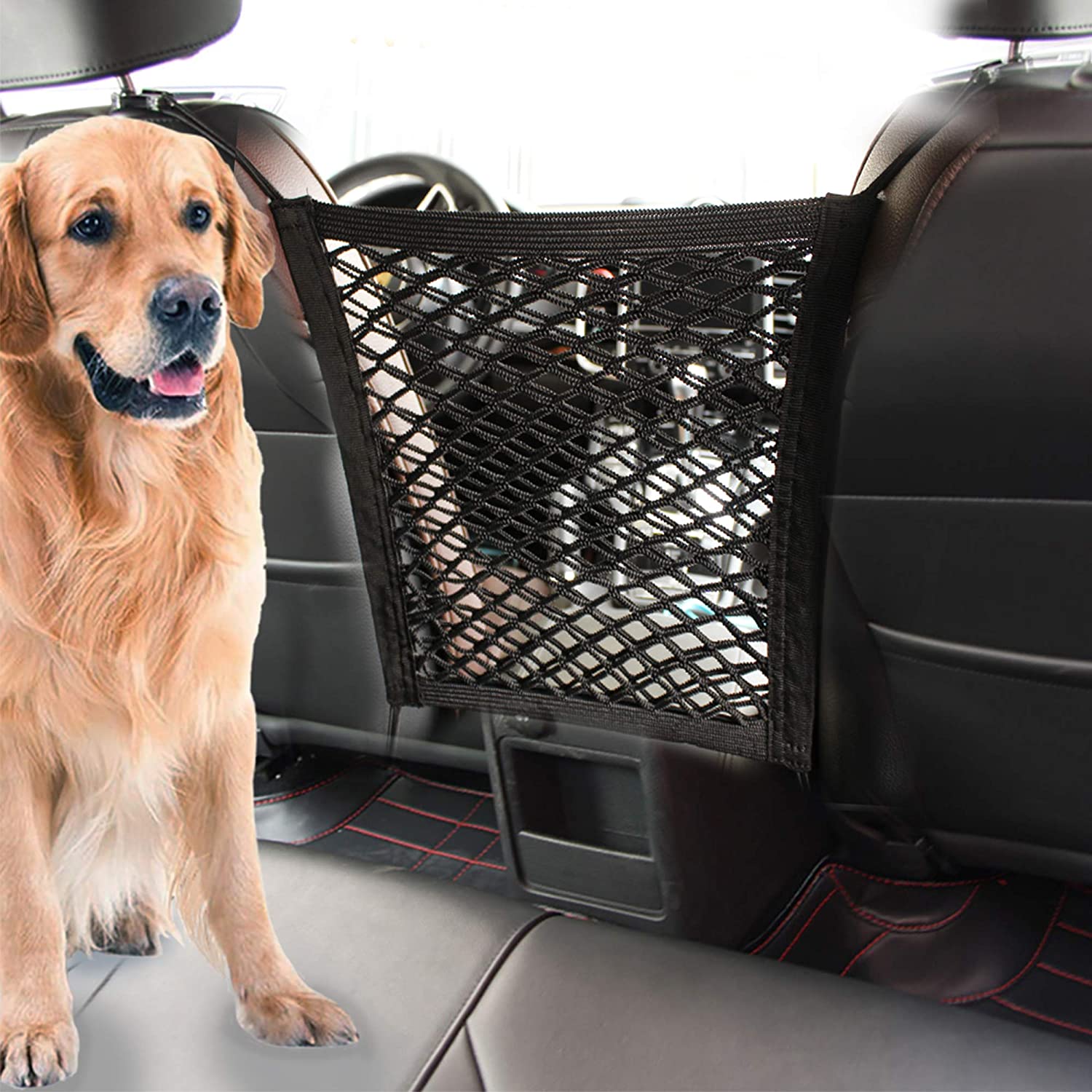
"It is through the process of one animal infecting the next and the next and the next that you see rapid evolution of the virus." is where a virus can move into a small mammal population with high density of animals," WHO emergencies director Michael Ryan told reporters. The main concern revolves around animals outside of the household. Lewis stressed that so far there were no reports that was happening with monkeypox.īut she acknowledged that "as soon as the virus moves into a different setting in a different population, there is obviously a possibility that it will develop differently and mutate differently". When viruses jump the species barrier it often sparks concern that they could mutate dangerously. She also said "waste management is critical" to lowering the risk of contaminating rodents and other animals outside the household. and we believe it is the first instance of a canine being infected," Rosamund Lewis, the WHO's technical lead for monkeypox, told reporters.Įxperts had been aware of the theoretical risk that such a jump could happen, she said, adding that public health agencies had already been advising those suffering from the disease to "isolate from their pets". "This is the first case reported of human-to-animal transmission.


A first case of human-to-dog transmission of monkeypox - between two men and their Italian greyhound living together in Paris - was reported last week in the medical journal The Lancet.


 0 kommentar(er)
0 kommentar(er)
